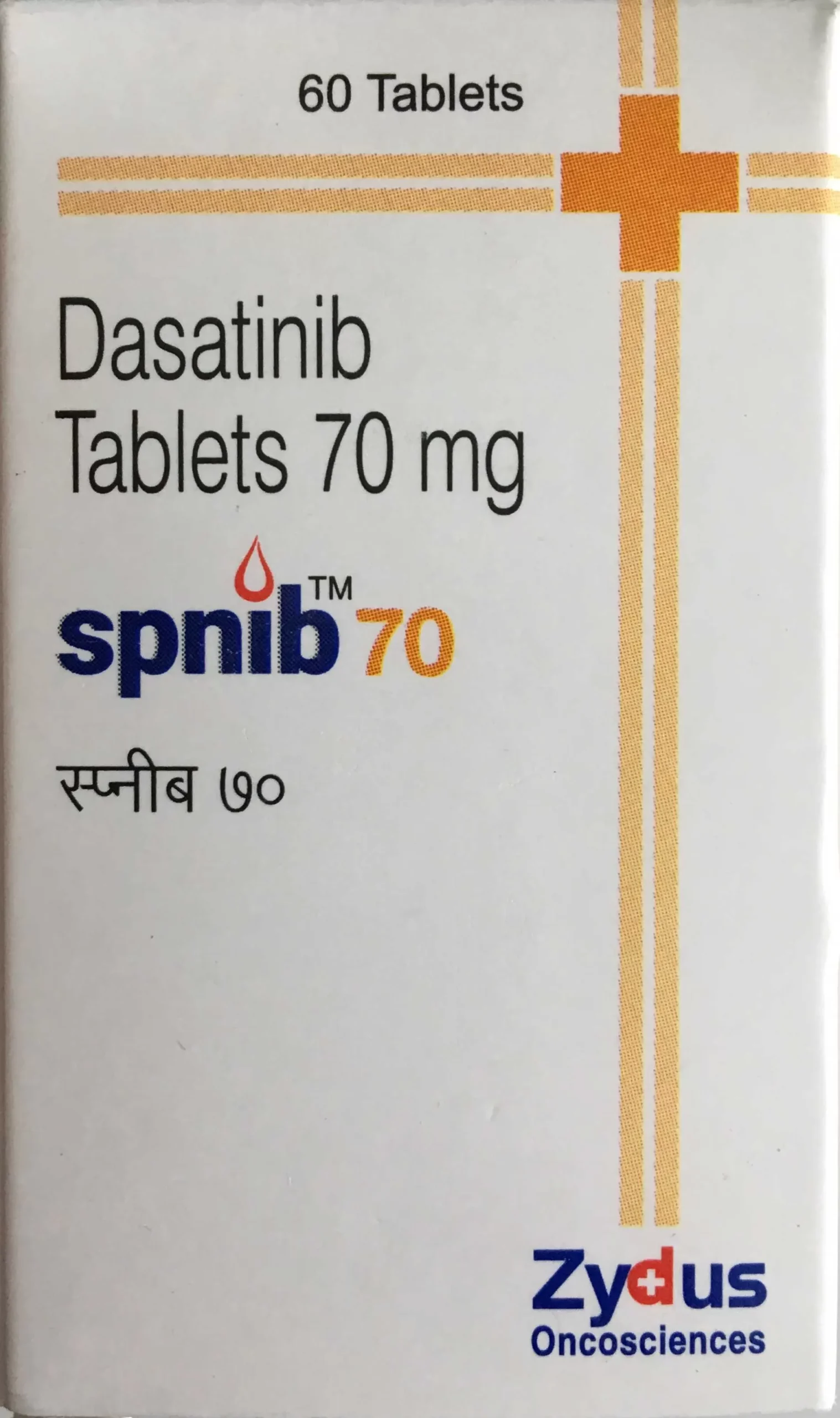Vivitra is a brand name for Trastuzumab, a monoclonal antibody that is used to treat certain types of breast cancer and gastric cancer. It is a targeted therapy that works by binding to the human epidermal growth factor receptor 2 (HER2) protein on the surface of cancer cells.
Composition:
Each 440mg vial of Vivitra (Trastuzumab) contains Trastuzumab, a humanized monoclonal antibody that binds to the human epidermal growth factor receptor 2 (HER2).
Mechanism of Action: Trastuzumab works by:
- Binding to the HER2 protein on the surface of cancer cells, which prevents the growth and survival of these cells.
- Inducing the death of cancer cells by activating the immune system and triggering an immune response against the cancer cells.
Indications: Vivitra is used to treat:
- HER2-positive metastatic breast cancer in combination with chemotherapy
- HER2-positive gastric cancer in combination with chemotherapy
Dosage: The recommended dosage of Vivitra is:
- For breast cancer: 440mg every 3 weeks, followed by a 3-week rest period
- For gastric cancer: 440mg every 3 weeks, followed by a 3-week rest period
Side Effects: Common side effects of Vivitra include:
- Infusion reactions (e.g., fever, chills, nausea)
- Cardiac arrhythmias (e.g., abnormal heartbeat)
- Congestive heart failure
- Nausea and vomiting
- Fatigue
- Headache
- Skin rash
- Increased risk of infection
Recommendation: Vivitra should be used under the guidance of an experienced healthcare provider, usually an oncologist or medical oncologist. Patients should be monitored for signs of side effects and toxicity.
Important Note:
- Vivitra can cause severe infusion reactions, including anaphylaxis.
- Patients with a history of severe allergic reactions or those who are taking immunosuppressive medications should be cautious when using Vivitra.
- Women of childbearing potential should avoid pregnancy during treatment with Vivitra due to the risk of fetal harm.
- Patients with pre-existing cardiac disease or risk factors should be closely monitored during treatment with Vivitra due to the risk of cardiac arrhythmias and congestive heart failure.
It’s important to note that this information is intended to serve as a general overview of Vivitra and its uses, and should not be considered a substitute for medical advice from a qualified healthcare provider or oncologist.
It’s also important to note that Trastuzumab is often used in combination with other medications, such as chemotherapy agents, and the specific dosage and regimen will depend on the individual patient’s needs and response to treatment.




Reviews
There are no reviews yet.